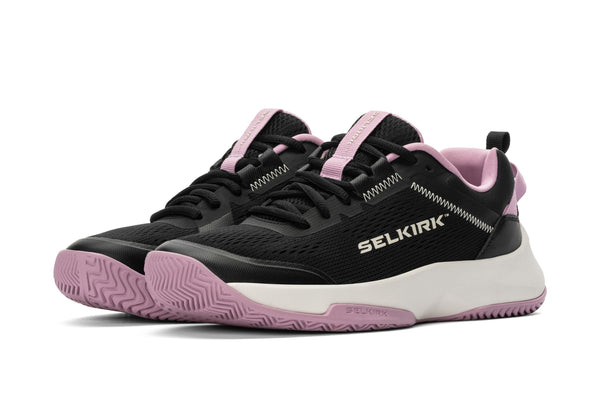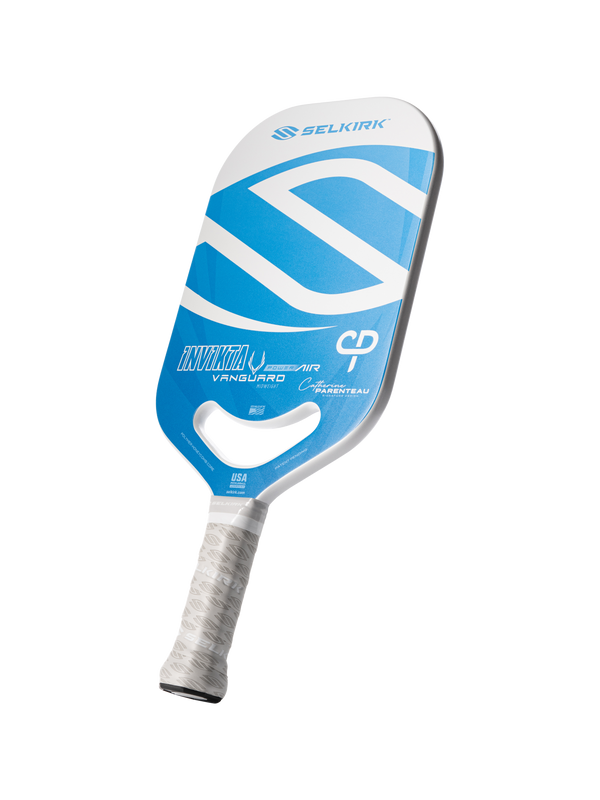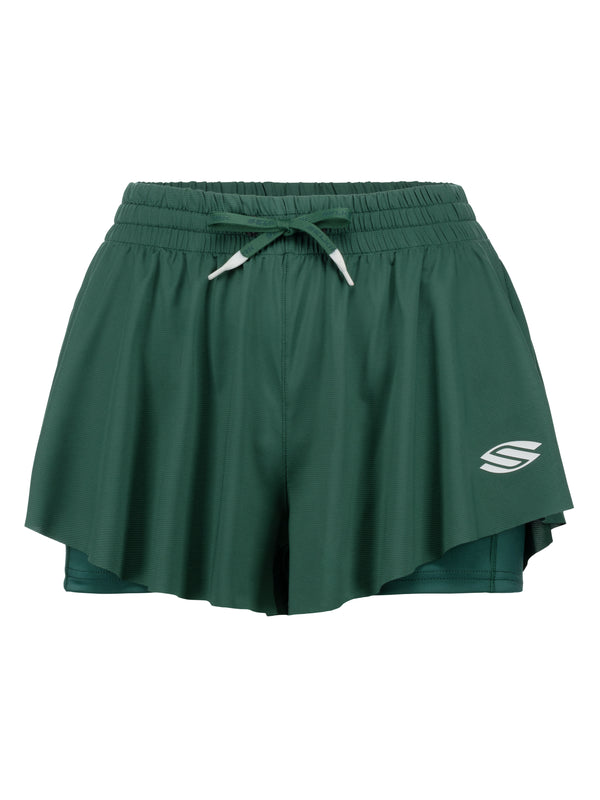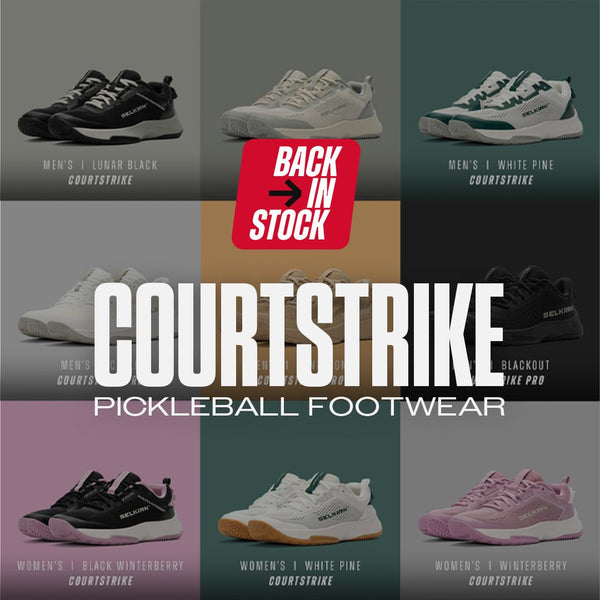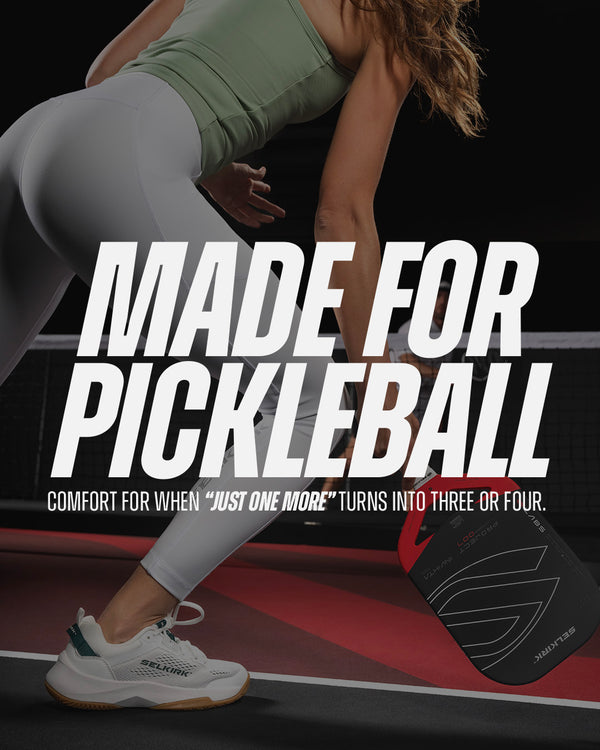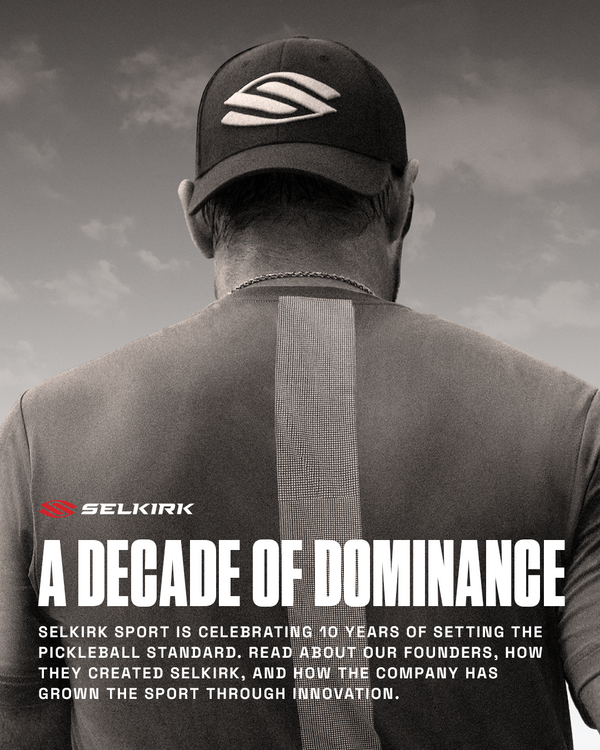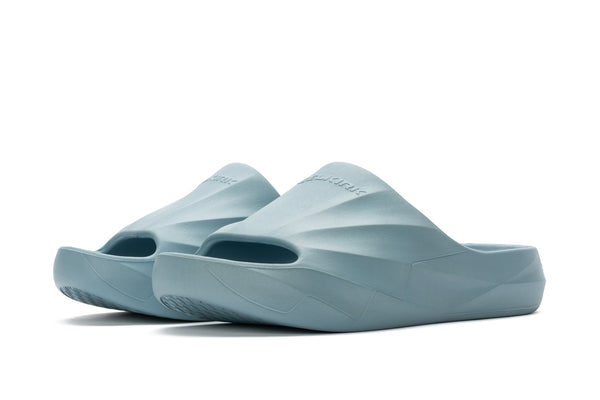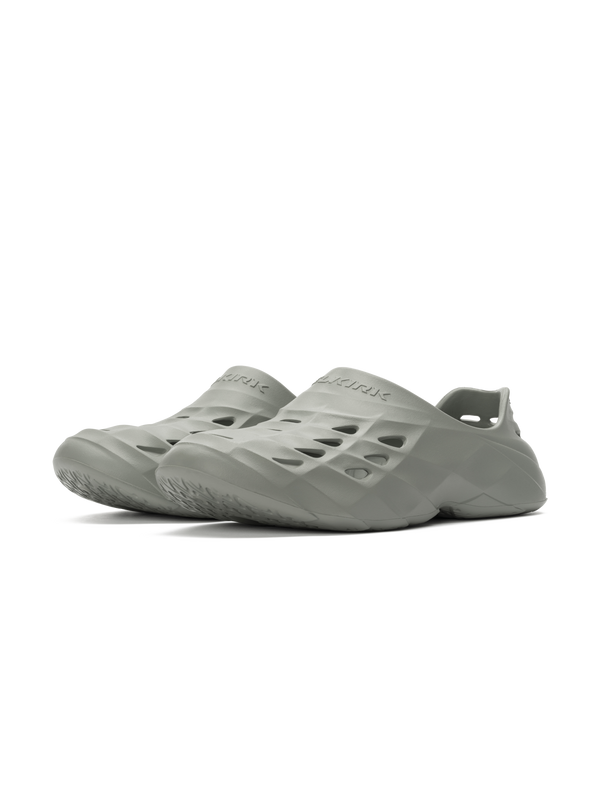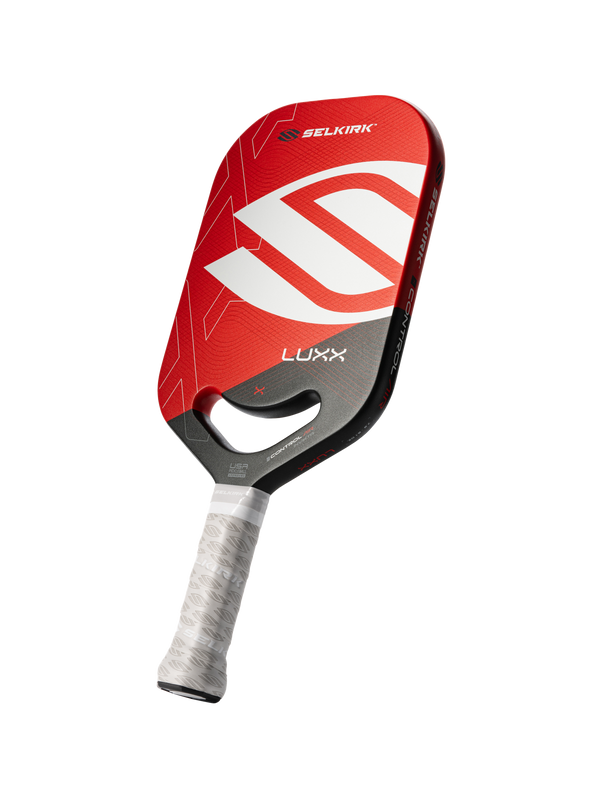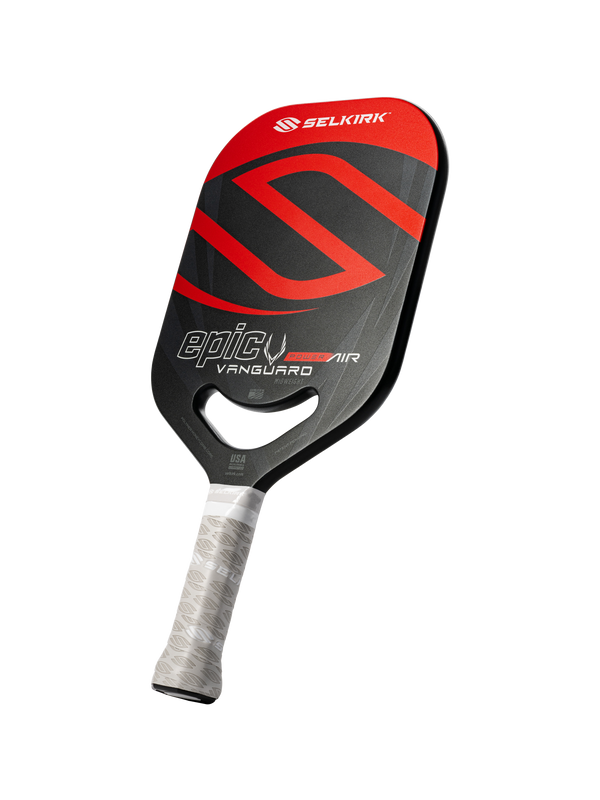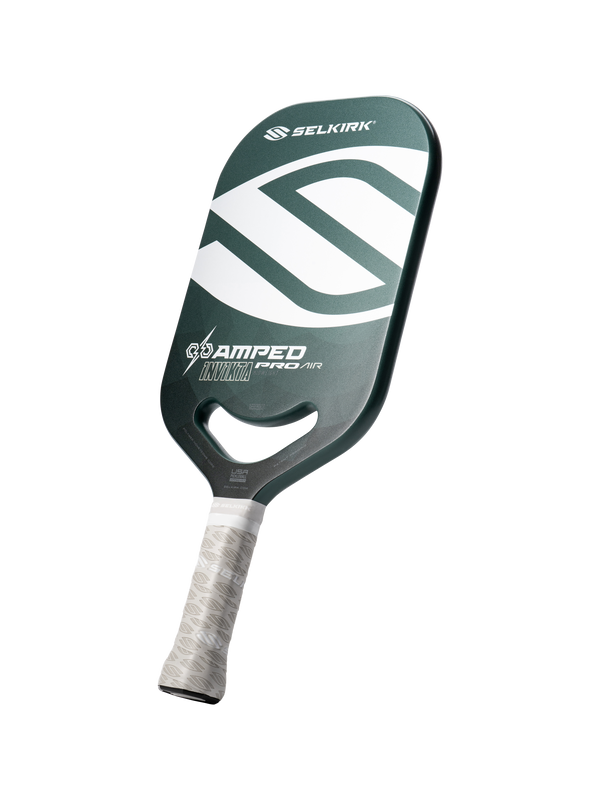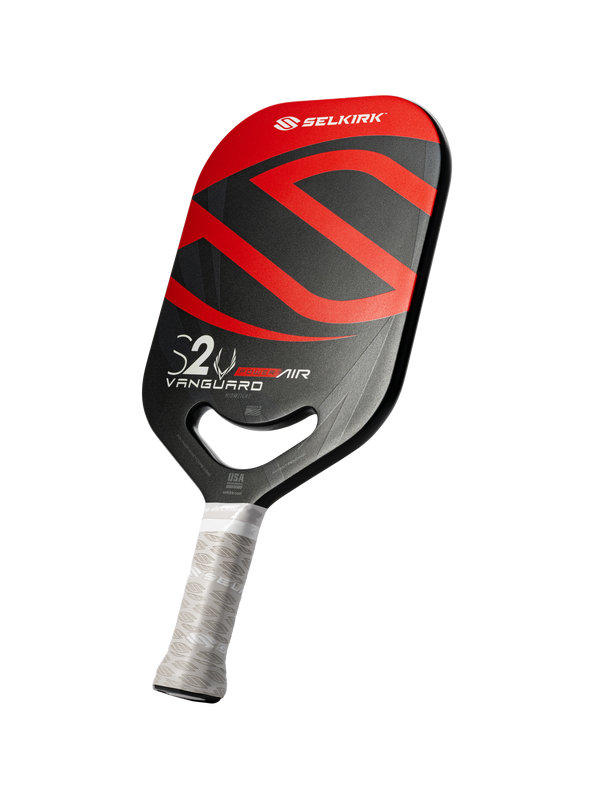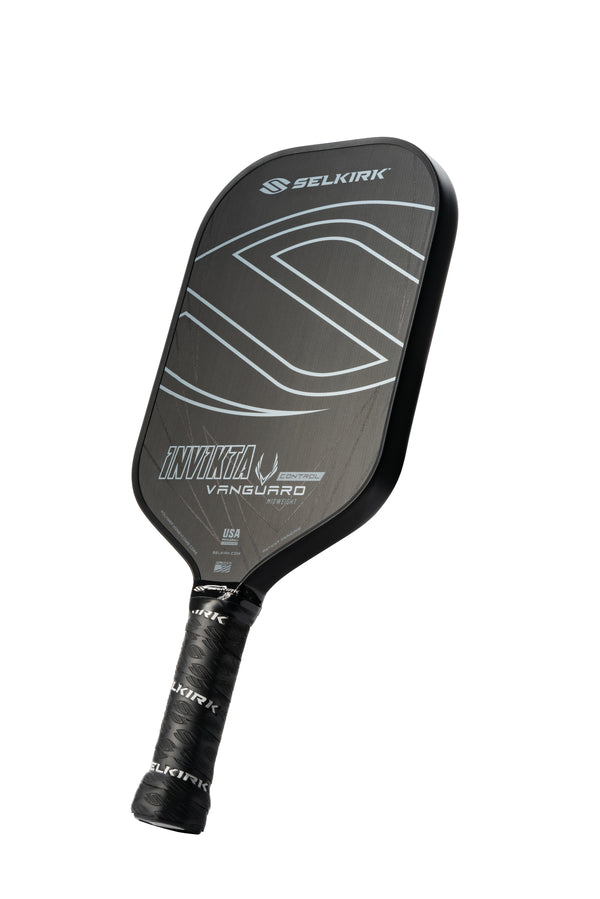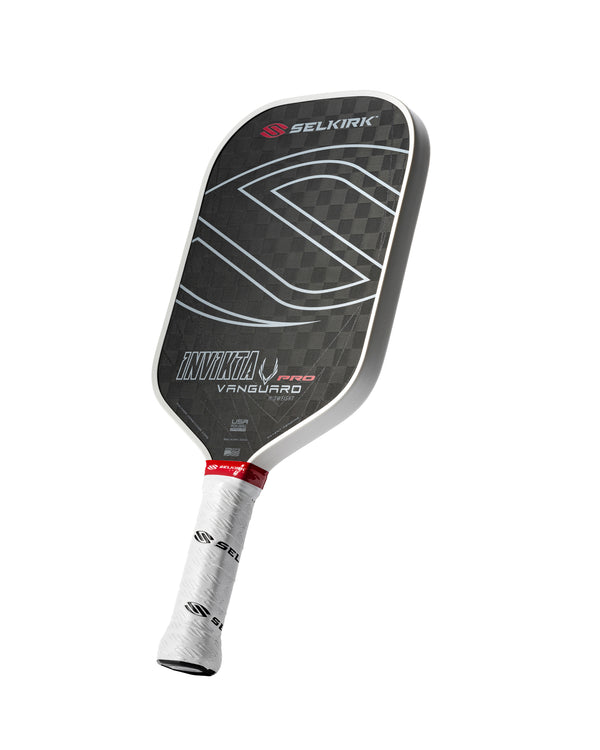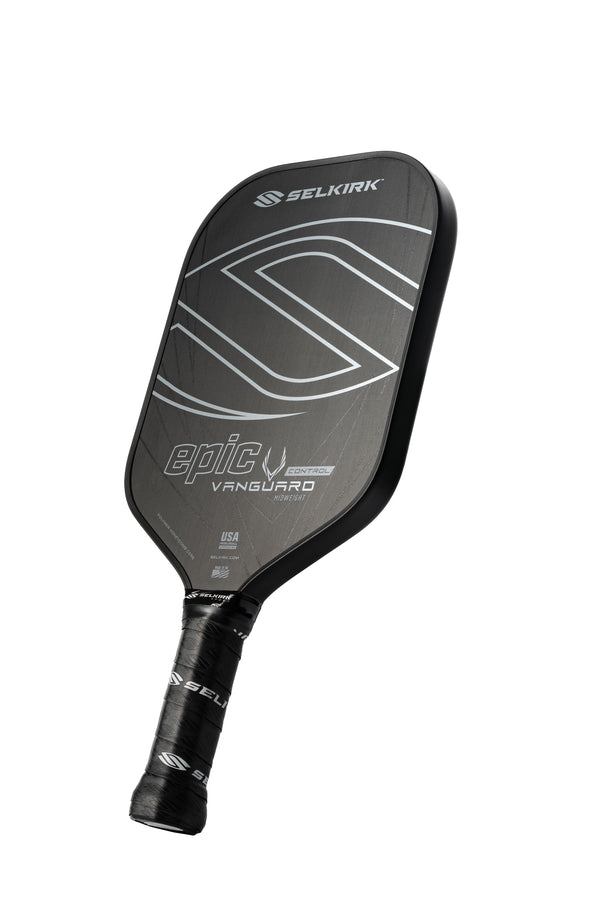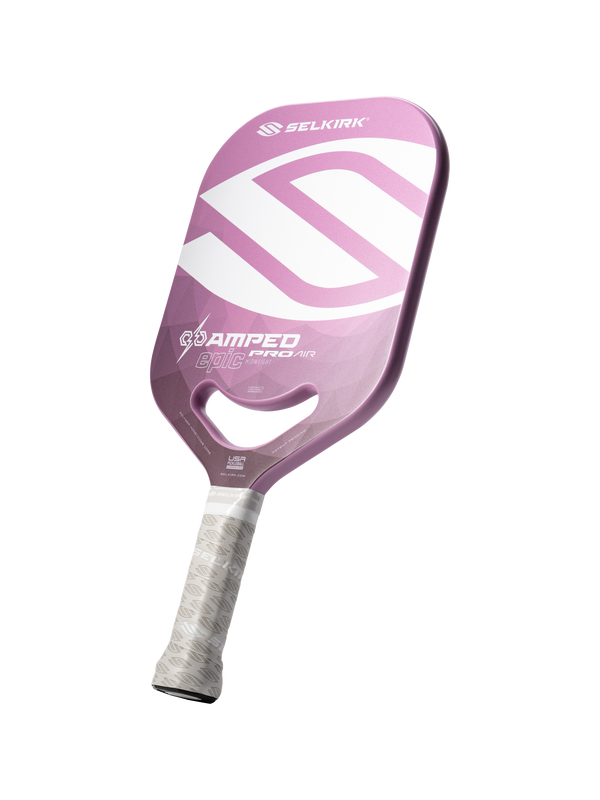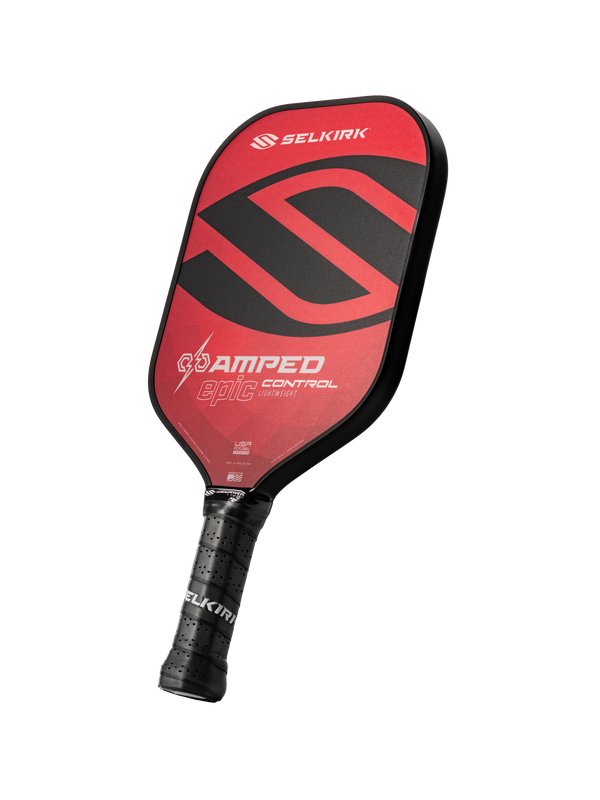Dylan Frazier, currently ranked the No. 1 men’s doubles player in the world, is one of the few players on the pro circuit without a tennis background.
As he prepares to defend his title at the Selkirk Kansas City Open, Dylan took some time to answer questions about his journey, his training regiment, and the future of pickleball.
Q: Dylan, can you share a little about your background? How did you get into pickleball?
A: I started playing pickleball in 2016 when I was 14 years old. I was visiting my grandparents in Punta Gorda, Florida, and my mom introduced our family to the sport.
She had played while attending the University of Missouri, and we all ended up playing at a recreation center there. We loved it right away and continued playing once we got back to Missouri, joining the Show-Me Pickleball Club.
Q: What has your journey been like on the professional circuit, and what challenges have you faced along the way?
A: The journey has been incredible. My first professional tournament was at the APP in Punta Gorda, which felt like a full-circle moment since that’s where I started playing. Initially, I played mixed doubles with my mom because I was new to the scene and didn’t know many top players. As I progressed, I began teaming up with other pros, which was really fun.
One of the biggest challenges has been managing travel while being a full-time student at the University of Missouri. During my freshman and sophomore years, I was taking in-person classes, which meant returning to school late Sunday nights and attending 8 a.m. classes the next morning. It was tough, but now I’ve switched to an online degree in Business Administration, which offers more flexibility with my travel schedule.
Q: Can you describe your training regimen? What does a typical day look like for you?
A: My training varies depending on whether I’m in Columbia, Missouri, or Boca Raton, Florida. In Florida, I focus more on court time — practicing with my partners JW Johnson and Tyra Black, drilling, and developing new shots. In Columbia, I focus more on off-court training like gym work, footwork, and strength-building.
A typical day is hard to describe because it changes so often, but generally, I like to sleep in a bit, get a gym session in, and then spend time on the court either drilling or playing games. The evenings are usually for relaxing and recovering.
Q: How do you see the sport of pickleball evolving in the coming years, and what role do you hope to play in its growth?
A: Pickleball is growing rapidly, and it’s exciting to see it go international with the PPA Tour adding stops overseas next year. I think the sport will continue to expand globally, and I hope to be an ambassador, encouraging more people to play and spreading awareness about the benefits of the game.
Whether through Instagram Lives, podcasts, or clinics, I’m committed to giving back to the sport that has given me so much.
Q: How important is proper nutrition to your performance, and how has it been a part of your training journey?
A: Nutrition is something I’m starting to focus on more. I’ve recently begun working with Lifetime Health on supplements and learning about what I should be eating before and after matches. During tournaments, I prefer light snacking throughout the day to avoid feeling weighed down, focusing on protein and carbs for breakfast and lighter snacks like fruit and pretzels during the day.
Q: How do you manage pressure in tournaments? What’s your mental approach?
A: Managing pressure is about perspective and preparation. Sometimes I try to devalue the event mentally, reminding myself that there are always more tournaments and that it’s just one game in a long season. Preparation is also key — if I know I’ve trained well, it helps take the pressure off because I’m confident in my abilities.
Q: What’s one shot or skill that has significantly improved your game?
A: Rather than a single shot, I’d say it’s been about developing a more disciplined mindset on the court. The best players are consistent, making the right decisions and executing high-percentage shots more often than not. Focusing on consistency and smart shot selection has been crucial in taking my game to the next level.



